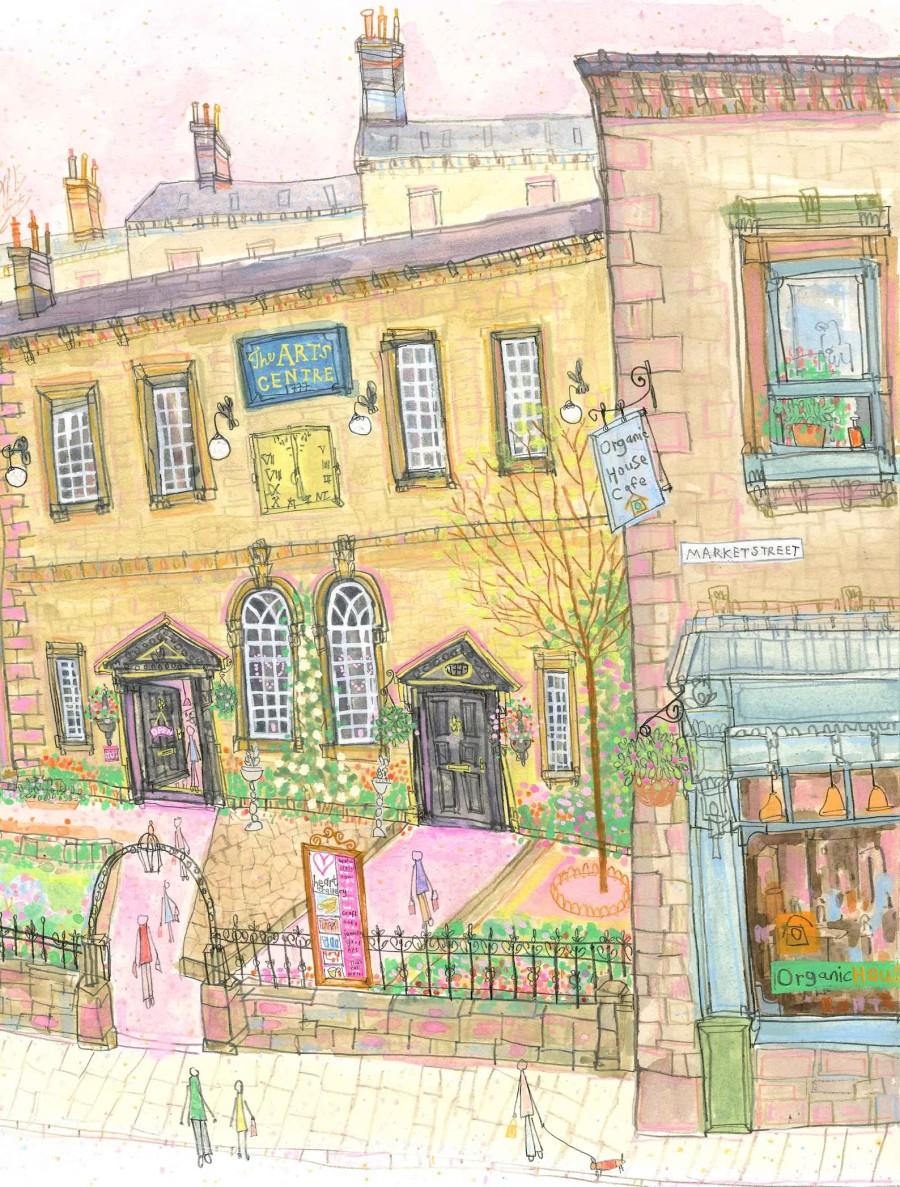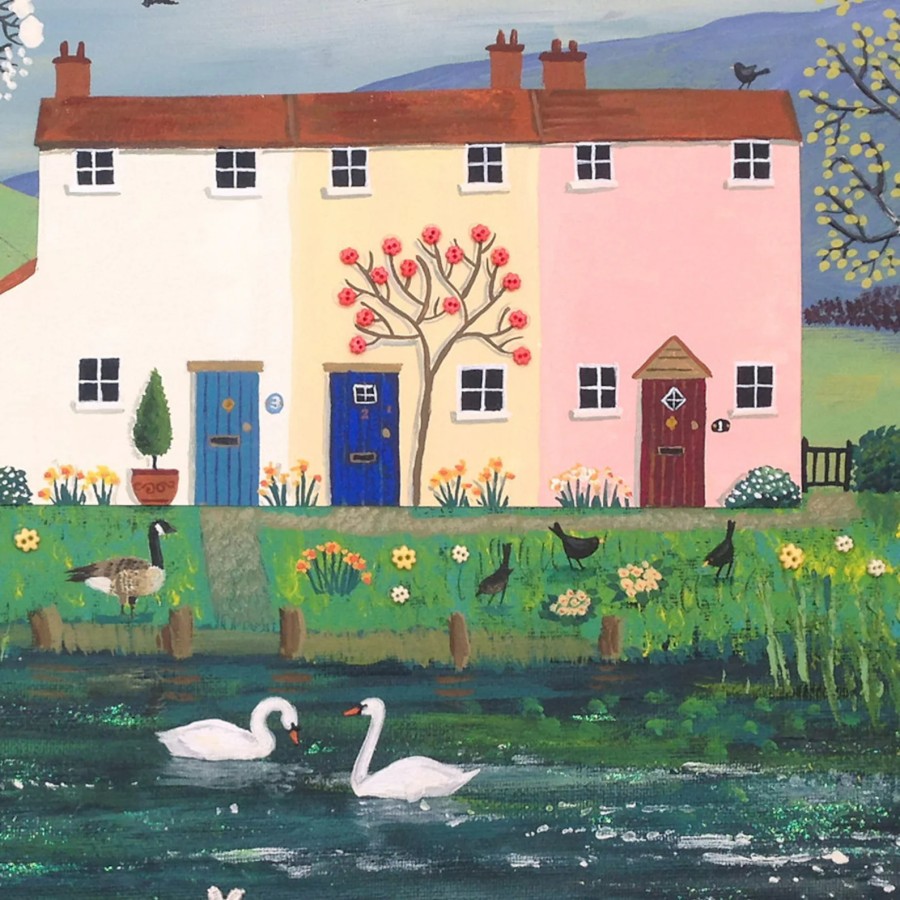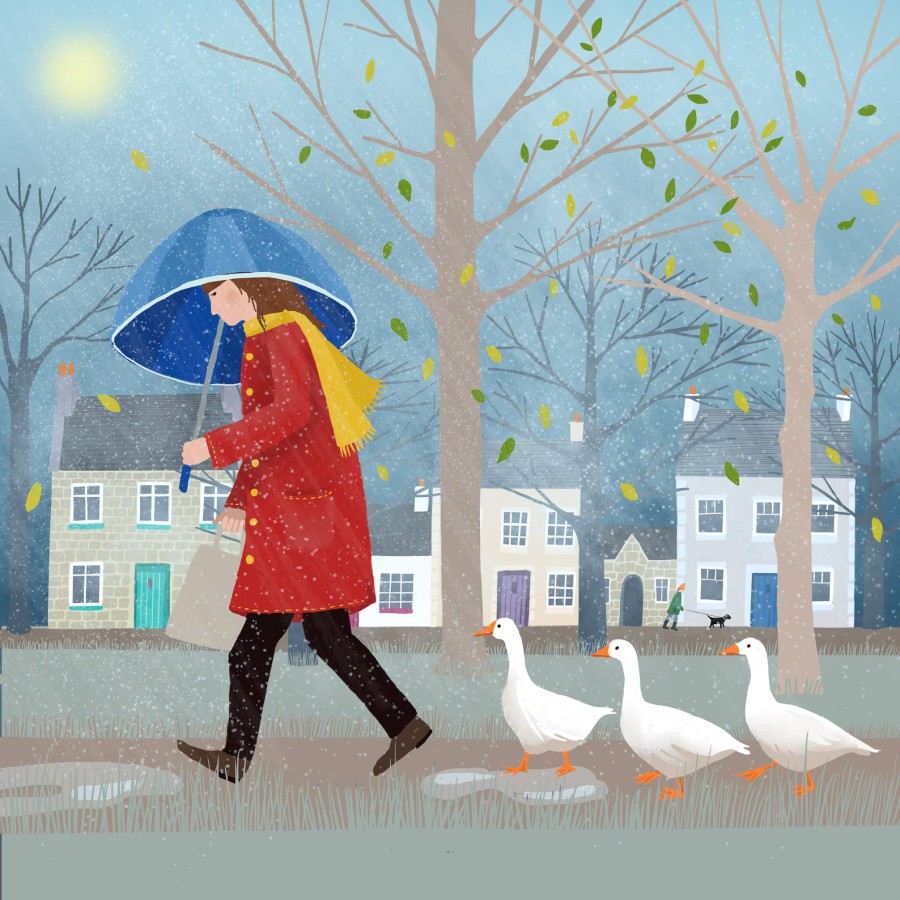
A timebank is an idea formed by an American entrepreneur, who had a heart attack. When laid up on hospital, he realised that this was a wonderful idea, and now it’s used worldwide. Timebanks basically give everyone the chance to earn the same ‘hour of time’ and this is used to then swap for services needed.
Read food safety for people & pets. If planting green spaces, learn how to make gardens safe for pets (includes indoor plants to avoid). Avoid facing indoor foliage to gardens, to help stop birds flying into windows.
The administrator uses the software to set one up, and everyone lists their skills (and qualifications/insurance if needed). Then you basically offer services, and then your ‘money earned’ is used for something else. It tends to fill gaps left in society (carers, dog-walkers etc) so does not affect local business nor inflation). And it can be a good test market for a business, and you can donate unwanted hours to those who can’t work (say with medical issues etc).
Here’s an example. Say you’re a young mum with little money but you can sew. So you offer to sew hems for people in the community. In return, the hours you earn means a vetted person walks your dog if you break your leg, and extra ‘hours’ are used for someone to mend your gate and paint your house. They do this work and in turn they can get someone to do the shopping for an elderly relative, or run errands. You get the idea.
The sites below cover all the essentials, and you can find your nearest Timebank, or set one up. It’s a wonderful way to connect communities. Between all of you, you can take care of nearly all the issues that big business and councils can’t solve. Find out more about Timebanks around the world:
why TimeBanks are just brilliant
TimeBanks appear to solve a huge amount of our problems nationwide. Most of the skills offered by TimeBanks are ones that you can’t find locally these days – mending a broken door lock or fence, sewing a torn garment etc. It enables older people with skills that most of us don’t have, to be of service and also be able to ‘afford’ things back that perhaps they couldn’t otherwise.
An old man who’s good at woodwork or an old woman who can sew can see their skills appreciated, meet new people and then ‘buy’ services they need like dog-walking, someone collecting their medicine or someone to paint their house. A survey found that 80% of people involved in Timebanks felt more part of the community and made new friends, and it also massively helped to reduce depression in people who felt lonely.
The whole notion of Timebanks is to create a community where everyone is helped. A terribly tragic story is that of Anne Leitrim, a nurse (not yet 60) who was found dead in her flat in Bournemouth. She had been there for 6 years, with neighbours thinking she had moved away. She was only discovered by a bailiff who accessed a bedroom window to remove her possessions, because the bills had gone unpaid since automatic mortgage payments had stopped. Yet Anne did not live in a rural outhouse – she lived in a modest block of flats overlooking a community garden. This is just why TimeBanks are needed, so that the same can never happen again.






